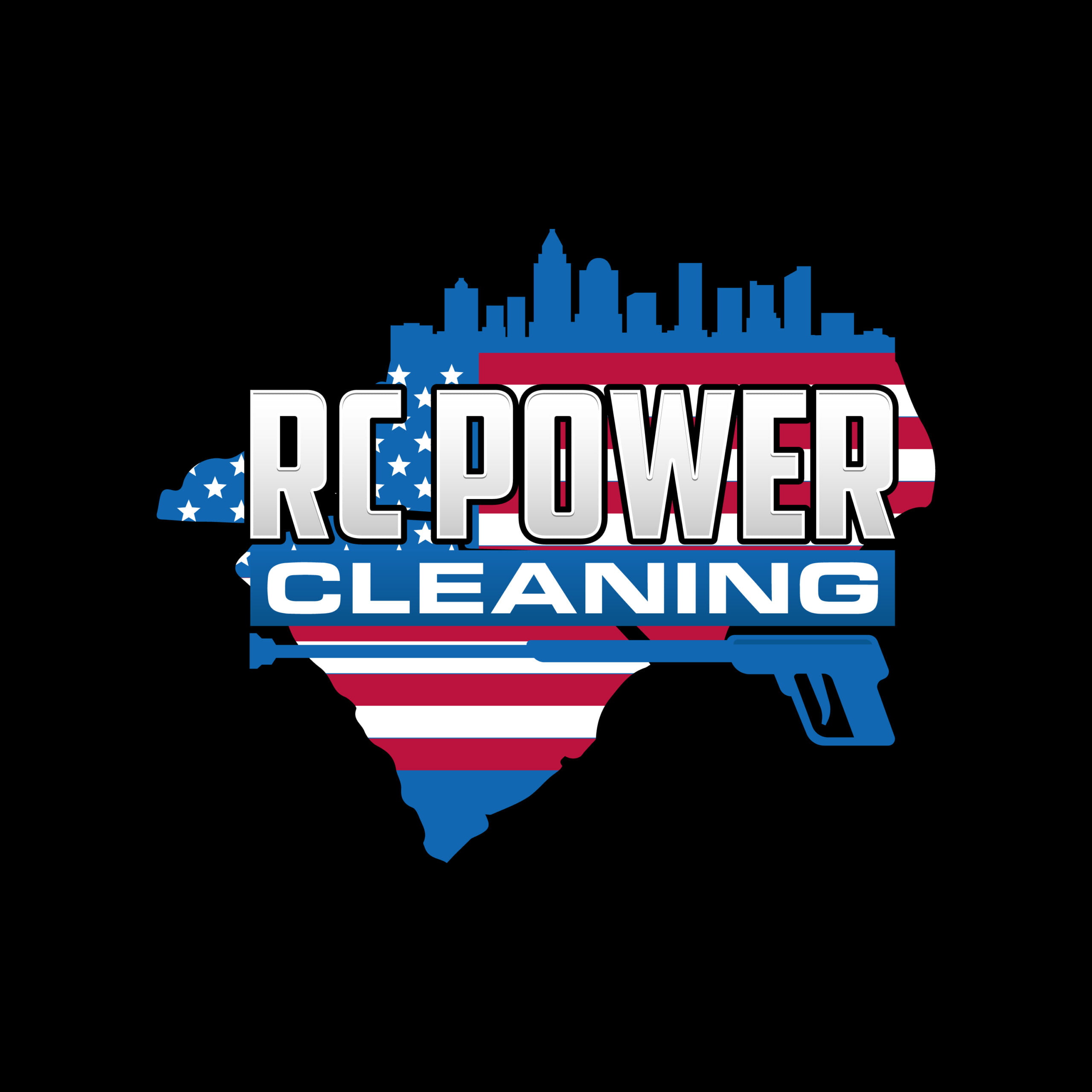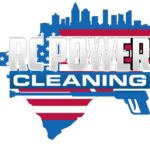Roof soft washing is a cleaning method we use to keep our roofs free from dirt, algae, moss, and other types of build-up. It’s a way to clean our roofs that is gentle but super effective. Unlike using high-pressure washers that can sometimes damage shingles or tiles, soft washing uses less pressure. We mix water with special cleaning chemicals and then spray the roof to make all the grime and unwanted stuff go away.
The great thing about soft washing is that it’s very safe for almost all kinds of roofs, and it doesn’t just clean; it helps keep things clean longer. The cleaning solution sticks to the roof and keeps fighting against mold and mildew even after we’re done spraying. This means our roofs not only look nice, but they also stay protected from things that can make them look dirty or even cause damage over time.
We should also think about how soft washing is kind to the environment. The chemicals used are eco-friendly. They are designed to clean well without hurting any plants around our home. So when we choose to soft wash our roof, we’re not just taking care of our house, but we’re looking after our yard and the planet too!
What Is Roof Soft Washing?
When we talk about roof soft washing, we’re referring to a gentle yet effective cleaning method. It’s all about keeping our roofs clean without causing any damage.
Understanding Soft Wash Technique
Soft washing is a low-pressure cleaning method we use specifically for delicate surfaces like roofs. Unlike blasting dirt away, soft washing involves the following steps:
- Applying Cleaning Solutions: We first apply a cleaning mix, which typically includes water, a bleach-based solution, and a surfactant (soap).
- Allowing Dwell Time: The solution needs time to break down dirt and organisms.
- Rinsing: Using a low-pressure wash, we gently rinse away the grime.
By using this technique, we make sure roofs are not only clean but also remain intact.
Comparing Soft Wash to High-Pressure Washing
It’s important to understand that soft washing and high-pressure washing are different:
- Soft Washing: Uses less than 500 PSI for rinsing. It focuses on cleaning solutions to do the work, which is safe for roof shingles.
- High-Pressure Washing: Can exceed 1000 PSI, which is great for hard surfaces but can be too harsh for roofs and may lead to damage.
With soft washing, we also ensure we’re taking the right safety precautions, minimizing the risk of damage to the roof and surrounding areas. It’s a favored approach when we need to clean without the brute force of high-pressure water.
Benefits and Considerations of Soft Washing
In this section, we’ll explore the benefits of soft washing your roof, while also considering the potential impacts this method has on the roofing material and the environment.
Protecting Your Roofing Material
When we soft wash, we’re careful to keep your roofing material safe. Soft washing is a method that uses low-pressure water and special cleaning solutions to remove unwanted moss, algae, mildew, and lichen from our roofs. One standout benefit is that it prevents damage to shingles and their protective granules, ensuring no harm comes to the integrity of the roofing material.
This is crucial because aggressive cleaning methods can strip away granules from the shingles, reducing the roof’s protective capacity and potentially leading to leaks or other issues. Our gentle detergents and surfactants are often biodegradable and designed to be eco-friendly, which means they efficiently clean without posing a risk to the roofing material we want to maintain.
Long-Term Effects and Roof Longevity
Soft washing isn’t just about making a roof look good today; it’s about keeping it healthy for years to come. By using the soft washing technique, we can extend the lifespan of our roofs because we remove harmful substances like mold and mildew that, over time, can cause significant wear and tear. These elements retain moisture and can slowly degrade roofing materials.
By choosing soft washing, we can prevent the rapid deterioration of our roof, thereby bolstering its longevity. This method helps us avoid the costly repairs or replacements that might arise from more abrasive cleaning techniques.
The Environmental Impact of Roof Cleaning
We all want a clean roof, but not at the expense of our planet. That’s why we choose cleaning solutions that are kind to the earth. The chemicals used in many roof cleaning processes can be harsh, but soft washing relies on safer options like bleach diluted to an effective yet mild concentration. This mixture can be mixed with water run-off management techniques to safeguard the environment.
Furthermore, these solutions usually include eco-friendly chemicals that are designed to break down into non-harmful components after use. This way, soft washing not only keeps our roofs free from debris and growths but does so in a way that respects the delicate balance of the ecosystems around our homes.

